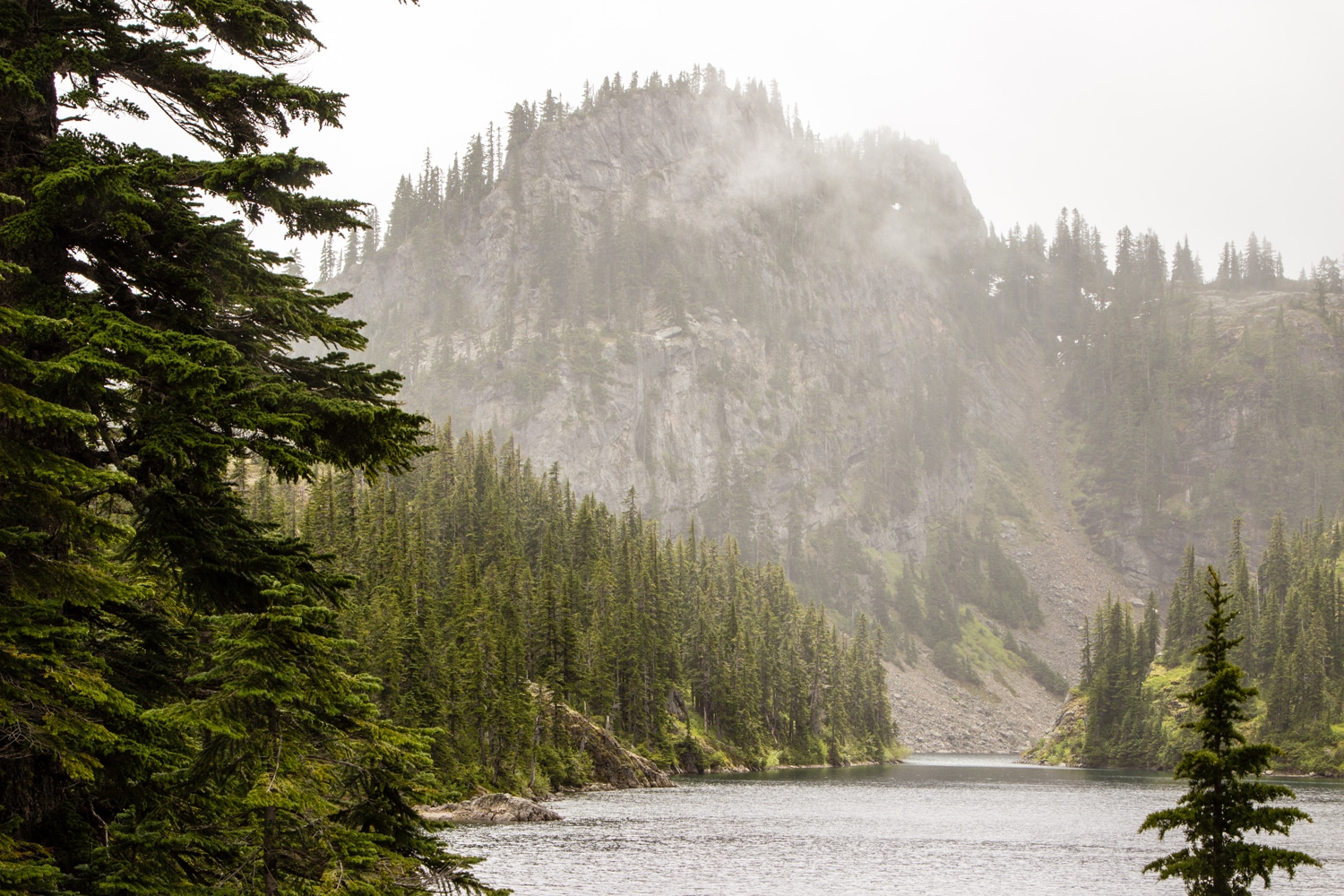By Dan Nordstrom, CEO of Outdoor Research, and Rebecca Bear, Director of REI Education and Local Community Development
In the outdoor industry, we know that time spent enjoying the outdoors changes lives. It improves health. It inspires people to protect our natural world. And of course, the more time people spend outside taking in our natural wonders or just exercising, the healthier our industry.
We also know that for an increasing number of Americans, getting outside and into nature is not an easy option. Often a person’s first experience outdoors will be facilitated, ideally led by someone with the expertise to show them where to go, what to wear, how to be safe and how to leave no trace as they experience the land. A facilitator might be a nonprofit employee, teacher, church group leader or professional guide.
In the mid-20th century, our public land managers saw group access to the outdoors as a threat to the protection of our public lands—and in many ways it might have been. More recently, however, the introduction and adoption of Leave No Trace ethics and the professionalization of outdoor guiding has significantly changed the way people lead groups outdoors.
Today, there are myriad organizations that take groups of people outdoors on public lands in safe, low-impact ways. Yet their ability to offer these experiences has been constrained by overly restrictive, outdated federal policies that occasionally can be downright absurd. For example, many professional instructors can’t get permits to operate climbing programs on public lands near Seattle because of permit moratoriums. They have been forced to take participants to Canada to teach them rock climbing, driving past many suitable teaching locations that are closer to Seattle. Stories like this exist around the country.
The Outdoor Access Working Group (OAWG), which we represent, came together two years ago at Outdoor Retailer Summer Market 2014 to take on the daunting task of engaging with federal land management agencies to modernize and reform group permitting policies. The OAWG includes manufacturers, retailers, the Outdoor Industry Association (OIA), advocacy groups, clubs, nonprofits, universities and guide services. By bringing a sector-wide, comprehensive vision into one organized body, we have been able to work collaboratively with the leadership of the federal land agencies, including the National Park Service, the U.S. Forest Service (USFS) and the Bureau of Land Management.
It turns out that within each of these federal agencies there are key leaders who have had similar frustrations. They appreciate the simple logic that an outdoor group outing led by someone experienced and trained will assure a better experience with lower impact. But these key agency leaders lacked a unified, coherent point-of-view from the private and NGO sector to be their champions—to help drive a sustained, collaborative dialogue to untangle decades of convoluted policies.
Beginning with meetings in Washington, D.C., just 18 months ago, leadership within the USFS started their ball rolling, sharing our goal of getting more Americans outdoors. They took a big step forward in June:
“Today, more than ever, people come to know and value places on national forests and grasslands through personal outdoor experiences,” said U.S. Forest Service Chief Thomas Tidwell. “By modernizing and streamlining our permit processes, we are strengthening our ties to all Americans and their connection to the land.”
Outdoor recreation on these [USFS] public lands also contributes more than $13 billion to the national economy and supports over 205,000 jobs annually. Predominantly based in rural communities, these jobs strengthen local economies through the many small businesses that benefit from proximity to national forests, including more than 5,000 outfitters and guide businesses.
The Forest Service’s [new] streamlined approach to special-use permitting will be implemented over time. … Steps being taken include:
- Streamlining the process to receive or renew a recreation special use permit, making it simpler and faster through the use of existing agency authorities.
- Increasing staff capacity and the consistency of the permit process across the country by developing new standardized training programs and exploring new staffing strategies.
- Encouraging managers to take greater advantage of allowable waivers when a special use permit is not required, for example, where a proposed use would have only nominal impact on lands, resources, and programs or operations.
- Investing in technology to improve business tools and data that support recreation special uses, including an electronic permit application process. [Source.]
This represents enormous progress. We should applaud the USFS administration and career staff for their commitment.
While this is a great first step, it’s just the beginning of a cultural change within the federal public land agencies—a change that we as private sector partners need to support, encourage and celebrate. There is much work left to do. As an industry, it’s our responsibility to press for ongoing support of public lands. Access to the outdoors will not increase, be protected, or continue without you. As the rapid progress made by the Outdoor Access Working Group proves, now is the time for us to stand up for what we stand for.


